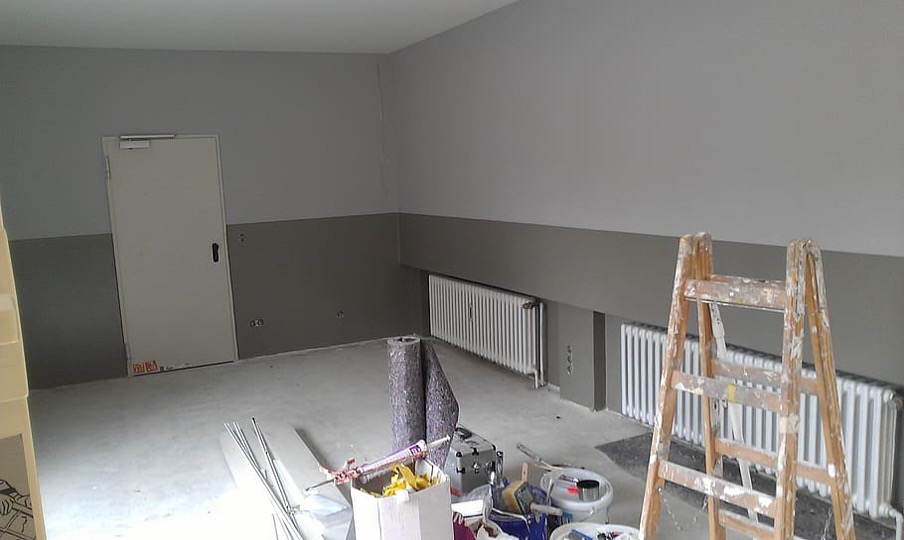Minor works permit: what is it, and when do you need one?

Most homeowners have a mental list of jobs to get around to someday, whether it’s repainting the bedrooms, replacing the electrics or knocking through a wall to create a new floorplan. But did you know that there are some home improvements that require a minor works permit?
Not everyone realises that they need to apply to their local council for approval before undertaking these tasks – or, more likely, has a clear idea of when they need to do so. However, it is very important to be aware that if you proceed with certain home improvements without a permit, you may have to pay a fine and abort any ongoing work.
What is a minor works permit?
A minor works permit is a document issued by the local authority that gives the green light to a specific home project. As the name suggests, the proposed work may not seem particularly significant and usually falls within the scope of home or property improvements traditionally carried out by owners.
At what stage should I apply for a minor works permit?
You should always obtain a minor works permit before commencing work. You cannot make a start until you have it in your hands.
This kind of permit applies to projects that are relatively straightforward and inexpensive to carry out. We’re talking about things like applying cladding, general repairs, anything involving doors and windows, replacing the electrics or plumbing, upgrading the central heating system, etc.
In many cases, owners of both domestic and commercial premises will need a minor works permit to remove certain architectural partitions.
It sometimes covers repairs and replacement works to rooftops and façades, provided that they are relatively minor and routine.
In any event, the application form will ask you to state the kind of work you intend to undertake. It’s a good idea to ask in advance whether your home improvement plans require a minor (or even major) works permit or not.
Who do I need to contact?
Until a few years ago, you would typically have to pay a visit to the planning department of your local authority in order to apply for a minor works permit. Nowadays, many authorities offer the option of applying online.
There’s a good chance that all you will need to do is download the application form and email it in. Planning officers will examine your submission and typically issue the permit within a few hours or days.
One thing to bear in mind is that a minor works permit usually has an expiry date. You should therefore make sure that the work can be completed within the allotted time. Otherwise, you will need to reapply.
What do I need to apply for a minor works permit?
Each council has its own requirements in terms of documentation. In most cases, you will simply be asked to fill out the relevant form and provide a copy of your National ID (DNI) and the address where the work is to take place. So that officers can establish an appropriate expiry date, the application form will probably ask you to describe the type of work you have in mind. For this kind of permit, you do not have to supply any further documentation.
How much does a minor works permit cost?
Again, the application fee will be set by your local authority, and it will vary depending on the kind of work involved. To give you a rough idea, you can expect a minor works permit to set you back between 3% and 5% of your total budget for the project.
Compared with the fine you could be hit with if caught proceeding without one, it’s a small price to pay. Fines range between €300 and €6,000, with more major works tending to attract a bigger fine.A minor works permit from your local authority is therefore essential for anyone contemplating making improvements to a home or commercial property. Given that the whole process can often be completed online or over the phone, there is little excuse for non-compliance. Once the permit has been issued, you are free to get on with your plans – safe in the knowledge that you’re on the right side of the law.


